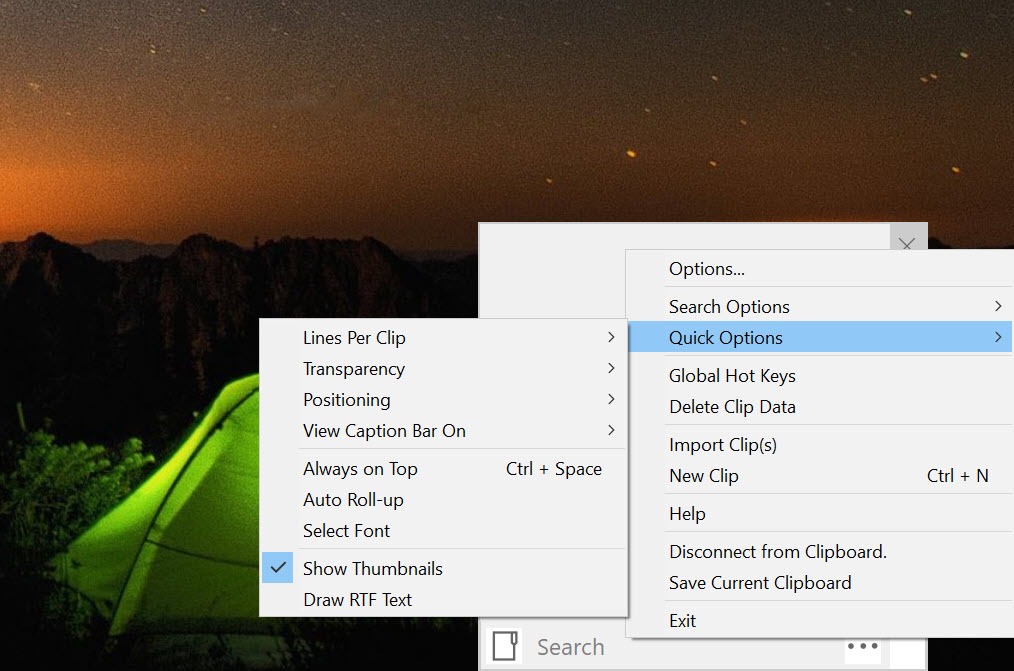


Meanwhile, the expanded field could offer a greater incentive for teams with mediocre rosters to add short-term impact, since the proposal would significantly increase those teams’ chances of getting to the postseason at all. MLB, on the other hand, contends that the first-round bye would offer such a significant advantage to the teams with the best record in each league that very good clubs would remain motivated to improve.

It seems the fear among some on the players’ side is that teams could be satisfied to build a slightly above-average roster (which would stand a much greater chance of making the postseason in a 14-team field than under the current 10-team system) and hope that a hot streak can carry them deep into the playoffs. Small-sample postseason series have an inherent high level of randomness. While some players could stand to benefit from increased playoff shares, Rogers notes that the MLBPA is concerned that an expanded playoff field could reduce the incentive for teams to aggressively try to bolster their roster.Ī broader playoff field increases every team’s odds of getting into the postseason, and front offices may find the greater odds a disincentive to upgrading their roster via free agency or trade. The effects for players could be more mixed. An increased number of postseason games comes with an associated uptick in gate and television revenue, an obvious appeal for ownership groups. The league has long been expected to prioritize an expanded playoff field in collective bargaining talks. The division winner with the second-best record in each league would have its pick of any of the four Wild Card clubs in its league the final division winner would pick to face one of the other three Wild Card teams the two Wild Card teams remaining would face one another. However, Rogers adds that MLB’s proposal would allow the other two division winners in each league to choose which Wild Card team they’d prefer to face in the first round, which would take the form of a three-game series. Under the proposed format, the top seed in each league would receive a bye - as is the case with the NFL’s current structure. That’s hardly a surprise, as Commissioner Rob Manfred has publicly advocated for expanding the playoffs (reportedly preferring a 14-team setup) going back to last year, when the league and MLBPA agreed to a 16-team playoff during the shortened 2020 season. Major League Baseball has proposed expanding the postseason field to fourteen teams in collective bargaining discussions with the Players Association, reports Jesse Rogers of ESPN. Projected Arbitration Salaries For 2022.


 0 kommentar(er)
0 kommentar(er)
